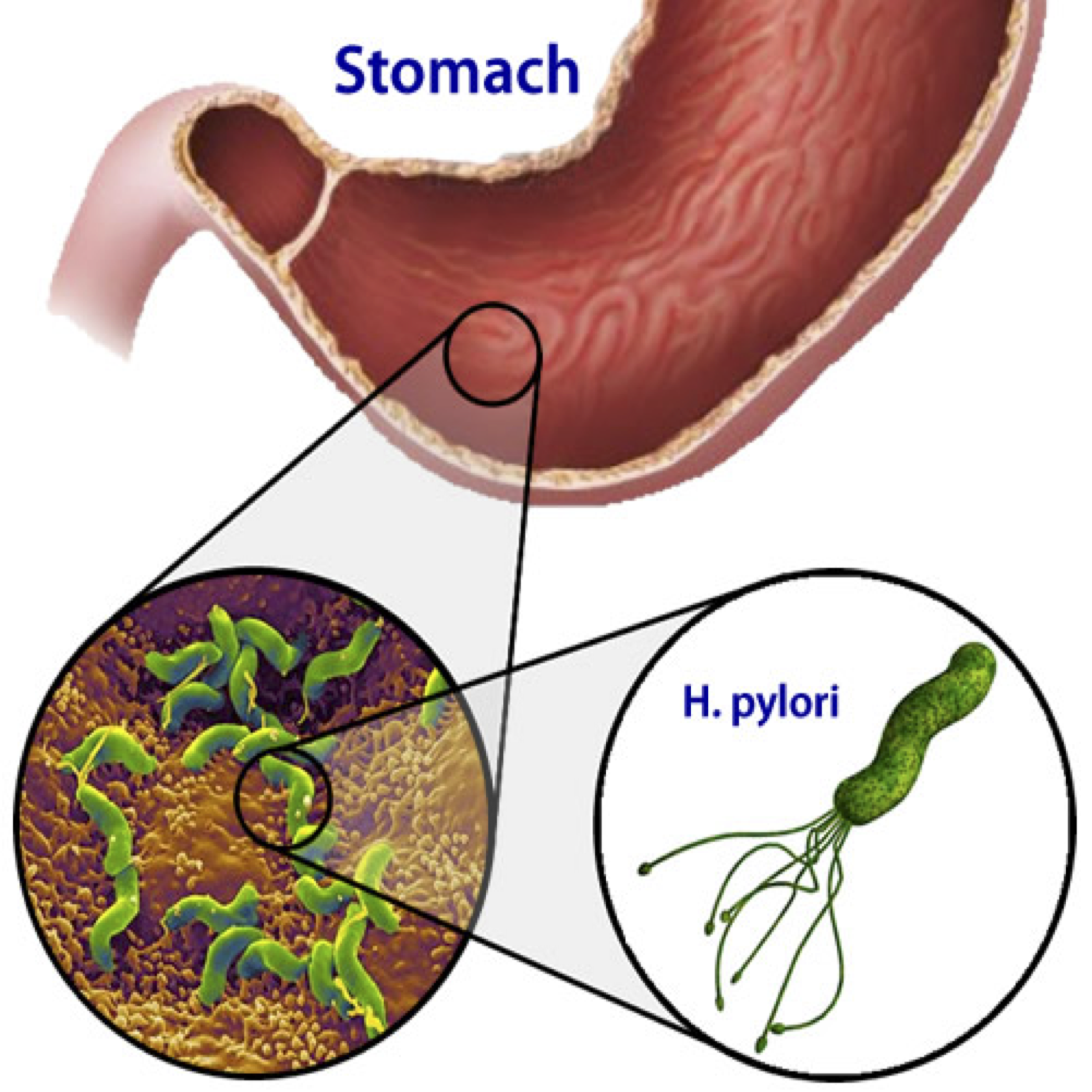
Heartburn vs. Acid Reflux
Table of Contents
ToggleTopics Covered in this article
- What is heartburn? What is acid reflux? Are they the same thing?
- What is the dissimilarity B/W heartburn and acid reflux?
- Differences between symptoms of heartburn vs. acid reflux
- What causes heartburn vs. acid reflux?
- Foods that aggravate heartburn and acid reflux
- How can my doctor tell me if I have heartburn or acid reflux?
- How are heartburn and acid reflux treated?
- Is there a treatment for heartburn or acid reflux?
- What is heartburn? What is acid reflux? Are they the same thing?
What is heartburn? What is acid reflux? Are they the same thing?
Heartburn is a symptom of acid reflux. Heartburn defines a feeling of burning, pain, or uneasiness in the chest that can be quite painful. You may a sourness in throat and a bitter taste in the mouth, and it generally happens after eating a big meal or when lay down.
Not everyone with GERD will experience heartburn. Other signs of acid reflux contain regurgitation of acid into the esophagus or mouth, upset stomach, belching, nausea after eating, feeling full, gastrointestinal and upper abdomen bloating, dry cough, gasping, hoarseness, sensation of tightness in the esophagus, and in some people, vomiting.
Differences between symptoms of heartburn vs. acid reflux
Heartburn, an indication of acid reflux, and feels like a burning pain or uneasiness in the rib cage.
- Acid reflux may contain heartburn signs. Other common signs of acid reflux embrace:
- A deep or acid taste at the back of the throat
- Sore throat
- Upset stomach (dyspepsia)
- Abdominal pain or discomfort
- Nausea, a feeling of fullness
- Bloating
- Feeling tightness in the throat
- It may sense hard to swallow, or you may sense like you have food jammed in your throat.
Acid reflux (GERD) Gastro Esophagus Reflux Disease and heartburn may cause chest aching, when after eating or when sleeping. See your consultant if you have any chest pain that is not identified because chest pain may be a sign of a Cardiac Arrest or another serious heart disorder.
If you have been identified as having acid reflux by your doctor and your signs change quickly or get worse acutely, follow medical care right away to make sure this chest pain is not related to a heart attack or other severe medical disorders.
What causes heartburn vs. acid reflux?
Common causes of acid reflux (and therefore heartburn) contains:
- Drinking alcohol
- Smoking
- Obesity
- Poor posture (slouching)
- Certain medications (calcium channel blockers, theophylline, nitrates, antihistamines)
- Certain foods (fatty and fried foods, chocolate, garlic and onions, caffeinated drinks, acidic foods such as citrus fruits and tomatoes, spicy foods, mint)
- Eating large meals
- Eating too quickly
- Eating before bedtime
- Hiatal hernia
- Pregnancy
- Diabetes
- Increase in stomach acid (from stress, Zollinger-Ellison syndrome, stomach tumors)
Weight gain
Foodstuffs that aggravate heartburn and acid reflux
- fried foods
- Fatty Foods
- Chocolates
- Garlic
- Onions
- Caffeinated drinks
- Acidic foodstuffs such as citrus fruits & tomatoes
- Spicy foods
How can my doctor tell me if I have a heartburn or acid reflux disease?
A medical doctor can often diagnose GERD and heartburn by your report of the signs you experience.
You may Refer to to a gastroenterologist, who may demand an X-rays of the throat, stomach, and upper part of the intestine often used to rule out other health conditions. A superior GI endoscopy, where a bendable probe with a small camera at the end is passed down your throat to see the esophagus. This helps identify how severe your acid reflux is, and can too rule out other health problems.
If your signs are not obviously from acid reflux, your doctor may carry out other tests to rule out main conditions like heart attack, ulcers, lung problems, esophagus problems, and gastritis.
How are heartburn and acid reflux treated?
- In some cases, reflux and heartburn symptoms you experience could even be relieved with diet and lifestyle changes such as:
- Avoid eating near bedtime.
- Don’t lie soon after eating.
- Don’t eat outsized meals. Eating lesser, more regular meals all over the day may make a difference.
- Avoid trigger foods that aggravate symptoms, like fatty or greasy foods, chocolate, caffeine, mint, spicy foods, citrus, and tomato-based foods.
- Avoid alcohol.
- Don’t smoke.
- Lose weight, if overweight.
- Maintain good posture.
- Talk to your doctor if you are taking any medications that will cause acid reflux and heartburn symptoms to determine if there are alternatives. don’t stop taking any prescribed medicines without first consulting your doctor.
- May use Over-the-counter antacids (Maalox, Mylanta, Tums, and Gaviscon), or may use histamine-2 receptor blockers (H2 blockers) [cimetidine (Tagamet), famotidine (Pepcid), ranitidine (Zantac), and nizatidine (Axid)] could even be used.
If nutrition and standard of living changes and OTC medications don’t give you relief, your doctor may prescribe medications to treat your reflux and heartburn, such as:
- Proton pump inhibitors (PPIs): esomeprazole (Nexium), lansoprazole (Prevacid), rabeprazole (Aciphex), and pantoprazole (Protonix)
- Coating agents: sucralfate (Ulsanic)
Promotility agents: metoclopramide (Maxolon, Digestine, Metomide) and bethanechol
Is there a remedy for heartburn or acid reflux?
diet and lifestyle changes can help get rid of or cure symptoms of acid reflux (GERD) and heartburn. In some cases, it should be needed over-the-counter or prescribed medicines.
In rare cases, the expedient to cure acid reflux is also a surgery called fundoplication. During this surgery, a surgeon wraps part of the stomach round the esophagus form of a collar, which works to increase pressure within the lower esophagus to remain acid from backing up.
The Coco Chanel Perfume Dossier.co Here’s more information on oriental oakmoss

